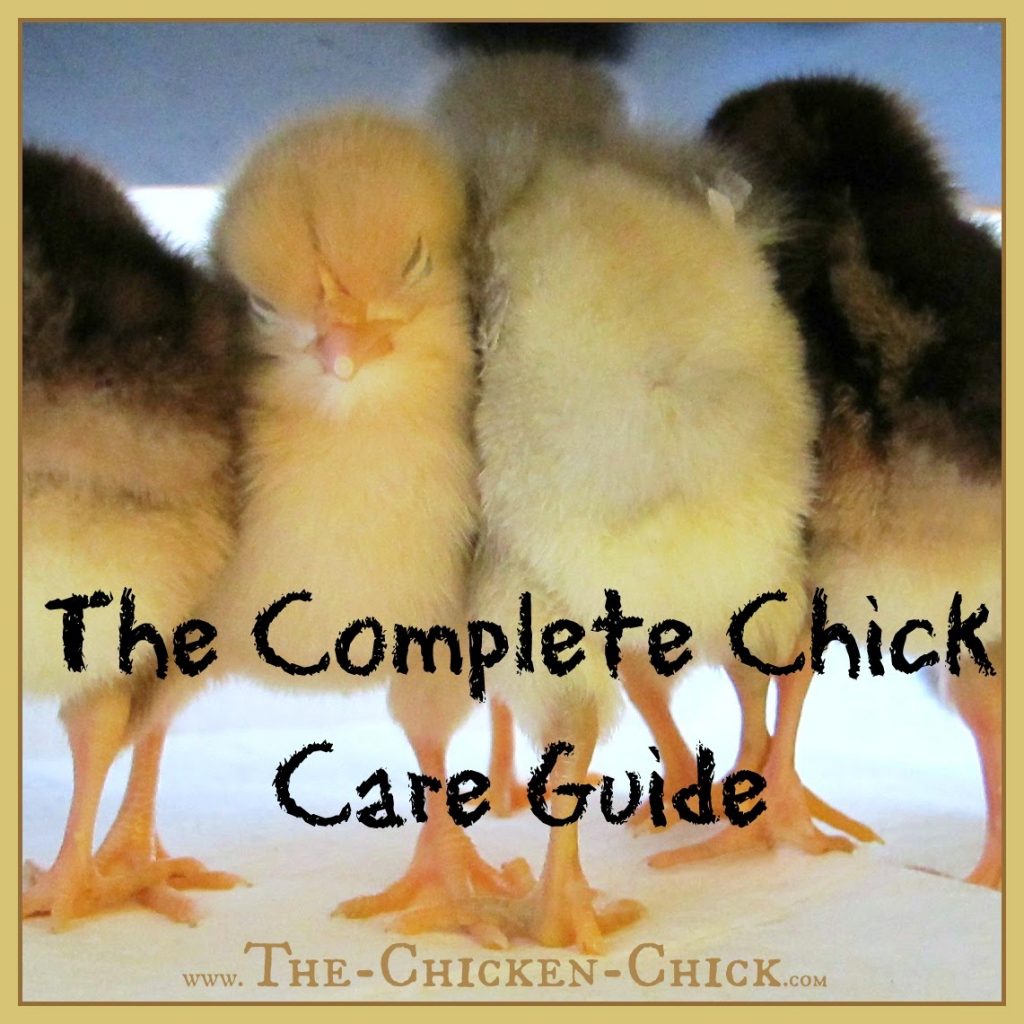
Caring for Baby Chickens: A Comprehensive Guide
Introduction
Raising baby chickens can be a rewarding and enjoyable experience, but it also requires proper care and attention to ensure their health and well-being. This comprehensive guide will provide you with all the essential information you need to know about caring for baby chickens, from housing and feeding to health and safety.
Housing
- Brooder: Baby chickens require a warm, draft-free environment during their first few weeks of life. A brooder can be purchased or constructed from a cardboard box or plastic tote.
- Bedding: Line the brooder with absorbent bedding such as pine shavings, straw, or shredded paper. Change the bedding regularly to keep it clean and dry.
- Temperature: Maintain a temperature of 95-100°F (35-38°C) during the first week, gradually reducing it by 5°F (3°C) each week until it reaches 70°F (21°C). Use a heat lamp or brooder plate to provide warmth.
- Ventilation: Ensure adequate ventilation to prevent ammonia buildup. Create small holes in the brooder or use a fan to circulate air.
Feeding
- Starter feed: Feed baby chickens a high-quality starter feed specifically formulated for their nutritional needs.
- Water: Provide fresh, clean water at all times. Use a shallow dish or waterer that the chicks can easily access.
- Feeding schedule: Feed chicks 3-4 times per day during the first week, gradually reducing the frequency to 2-3 times per day by the third week.
- Grit: Offer grit to help chicks digest their food. Grit can be purchased at feed stores or made from crushed oyster shells.
Health and Safety
- Vaccinations: Consult with a veterinarian about necessary vaccinations for your chicks. Vaccinations can protect against common diseases such as Marek’s disease and Newcastle disease.
- Deworming: Deworming may be necessary to prevent parasites. Consult with a veterinarian for the appropriate deworming schedule.
- Predators: Protect chicks from predators such as cats, dogs, and hawks. Keep them in a secure enclosure or under supervision when outdoors.
- Signs of illness: Monitor chicks for signs of illness such as lethargy, diarrhea, sneezing, or coughing. Contact a veterinarian immediately if you suspect an illness.
- First aid: Keep a first aid kit on hand for minor injuries. Common first aid supplies include antiseptic, gauze, and bandages.
Growth and Development
- Feathering: Chicks will start to feather out around 2-3 weeks of age.
- Weaning: Chicks can be weaned from starter feed to grower feed around 6-8 weeks of age.
- Sexing: Determining the sex of chicks can be difficult, but there are some general guidelines. Males (roosters) typically have larger combs and wattles than females (hens).
- Socialization: Handle chicks regularly to socialize them and make them comfortable with human interaction.
Outdoor Care
- Coop: Once chicks are fully feathered and old enough, they can be moved to an outdoor coop. The coop should provide shelter, protection from predators, and a nesting area.
- Run: Provide a secure outdoor run where chicks can exercise and forage. The run should be enclosed with wire mesh or fencing.
- Pasture: Allow chicks to graze on pasture for additional nutrition and exercise. Supervise them to prevent them from wandering off or encountering predators.
Common Problems
- Coccidiosis: A parasitic infection that can cause diarrhea and dehydration.
- Marek’s disease: A viral infection that can cause tumors and immunosuppression.
- Feather pecking: A behavioral problem where chicks peck at each other’s feathers.
- Impaction: A blockage in the digestive tract that can be caused by ingesting foreign objects.
- Leg weakness: A condition that can be caused by nutritional deficiencies or infections.
Additional Tips
- Observe chicks regularly: Monitor their behavior, appearance, and droppings to detect any signs of illness or distress.
- Keep records: Track vaccinations, deworming, and any health issues.
- Provide enrichment: Offer toys and activities to stimulate chicks’ mental and physical development.
- Be patient: Raising baby chickens takes time and effort. Be patient and enjoy the process.
- Seek professional advice: Consult with a veterinarian or experienced poultry keeper for guidance and support.
Conclusion
Caring for baby chickens requires a combination of knowledge, care, and attention. By following the guidelines outlined in this comprehensive guide, you can provide your chicks with the best possible environment and ensure their health and well-being. Remember to observe your chicks regularly, seek professional advice when needed, and enjoy the rewarding experience of raising these adorable creatures.
